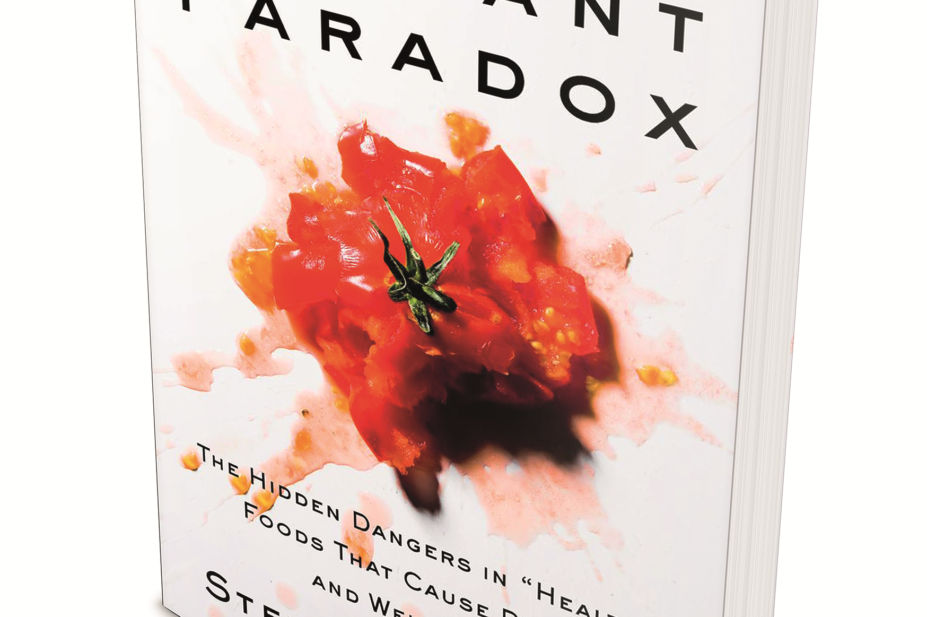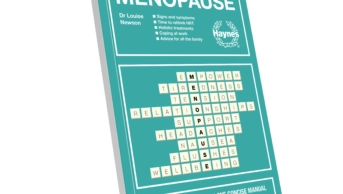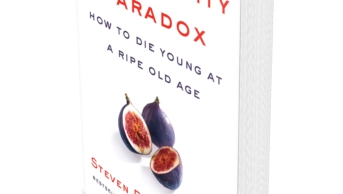
What if everything we have been led to believe about healthy eating was false and all those wholegrain foods were making us ill? This is the premise of a new book by cardiologist Steven Gundry.
Although most pharmacists will be aware of the problems for patients with coeliac disease who consume gluten, according to Gundry this is not the main dietary culprit. Gundry suggests that the real danger is posed by lectins — defensive proteins produced by plants. Although gluten itself is a lectin, there are several other lectins that Gundry suggests wreak havoc with our bodies by affecting nerve transmission, facilitating the attachment of bacteria and fungi, and also causing weight gain.
Lectins are ubiquitous in nature and are present in healthy foods, such as wholegrains, many fruits and vegetables, nuts and beans. Wheat germ agglutinin (WGA), one particular lectin found in wheat, is described as a particularly nasty protein that disrupts the normal functioning of insulin, crosses the blood-brain barrier leading to neurological problems, and causes atherosclerosis and nephritis. Of all these purported adverse effects, nephritis was the only condition for which a reference was provided. Somewhat concerned over the potential damage from WGA, it was a relief to read the cited paper and find that it related to the value of lectins for kidney staining. From then on, the author’s later claims in the book raised suspicions, especially as there is some evidence to suggest that WGA may be valuable in the treatment of pancreatic cancer.
Another example was Gundry’s suggestion that germ-free mice, without a microbiome, lead shorter lives and are more susceptible to disease. Although the reference is correctly cited, avoidance of lectins would actually reduce the diversity of the microbiome, so following Grundy’s advice could therefore be harmful.
Subsequent chapters offer advice on how to kick-start the body for a life without lectins, although it seems that many foods are permitted, including various oils (coconut and olive oil, for example) and a wide range of other vegetables. Foods on the ‘avoid’ list include pasta, rice, chickpeas, berries and brown rice.
There is no doubt that certain lectins are harmful and most people are aware that you should avoid eating uncooked pulses and beans. Furthermore, there is plenty of evidence to suggest that wholegrain foods, fruits and vegetables are associated with numerous health benefits. Therefore, Gundry’s claims that the adverse effects of lectins present in wholegrain foods and vegetables outweigh the benefits of these foods can be met with scepticism. The lectin-free diet has not been rigorously studied, so whether the diet offers the purported health benefits suggested in this book remains to be seen. The real truth of this book is in its subtitle — the dangers in healthy foods do, in fact, remain hidden.
Rod Tucker
References
The Plant Paradox. The hidden dangers in ‘healthy’ foods that cause disease and weight gain, by Steven Gundry. Pp 367. Price £14.41. HarperCollins; 2017. ISBN 978-006-2427-13-7


